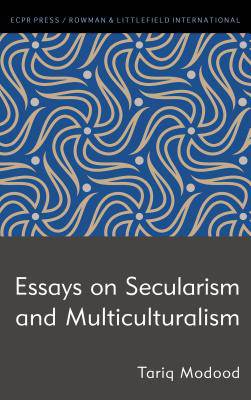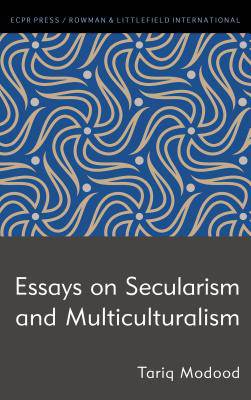
- Afhalen na 1 uur in een winkel met voorraad
- Gratis thuislevering in België vanaf € 30
- Ruim aanbod met 7 miljoen producten
- Afhalen na 1 uur in een winkel met voorraad
- Gratis thuislevering in België vanaf € 30
- Ruim aanbod met 7 miljoen producten
Zoeken
€ 180,45
+ 360 punten
Uitvoering
Omschrijving
Whether the recently settled religious minorities, Muslims, in particular, can be accommodated as religious groups in European countries has become a central political question and threatens to create long-term fault lines. In this collection of essays, Tariq Modood argues that to grasp the nature of the problem we have to see how Muslims have become a target of a cultural racism, Islamophobia. Yet, the problem is not just one of anti-racism but of an understanding of multicultural citizenship, of how minority identities, including those formed by race, ethnicity and religion, can be incorporated into national identities so all can have a sense of belonging together. This means that the tendency amongst some to exclude religious identities from public institutions and the re-making of national identities has to be challenged. Modood suggests that this can be done in a principled yet pragmatic way by drawing on Western Europe's moderate political secularism and eschewing forms of secularism that offer religious groups a second-class citizenship.
Specificaties
Betrokkenen
- Auteur(s):
- Uitgeverij:
Inhoud
- Aantal bladzijden:
- 262
- Taal:
- Engels
Eigenschappen
- Productcode (EAN):
- 9781785523182
- Verschijningsdatum:
- 30/04/2019
- Uitvoering:
- Hardcover
- Formaat:
- Genaaid
- Afmetingen:
- 152 mm x 229 mm
- Gewicht:
- 553 g

Alleen bij Standaard Boekhandel
+ 360 punten op je klantenkaart van Standaard Boekhandel
Beoordelingen
We publiceren alleen reviews die voldoen aan de voorwaarden voor reviews. Bekijk onze voorwaarden voor reviews.











